How can we help you?
We handle every detail, so you don’t have to. Let us show you how we can bring your event to life with a free, no-obligation consultation.
Portfolio
The work reflects a blend of meticulous planning and playful innovation. Dive in to see what is meant.
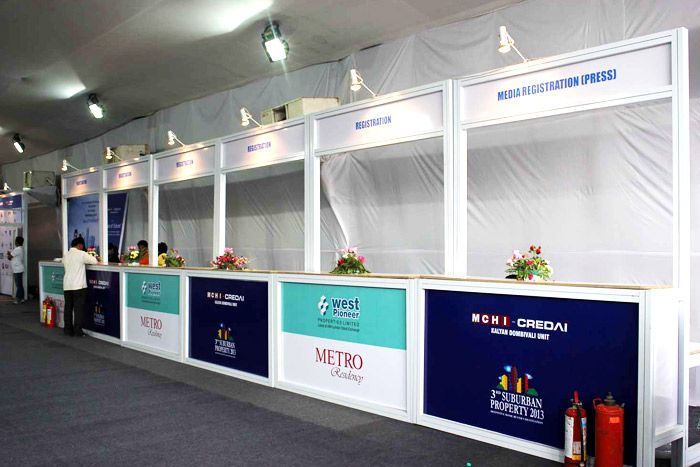

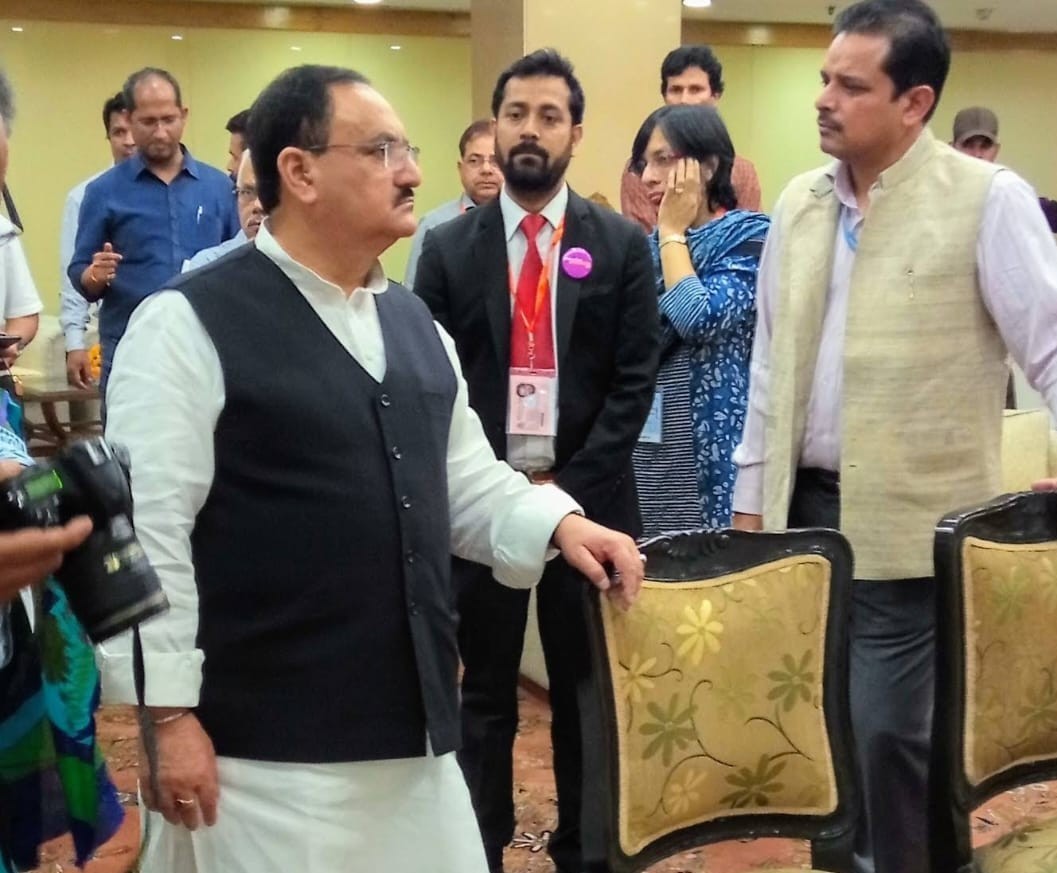
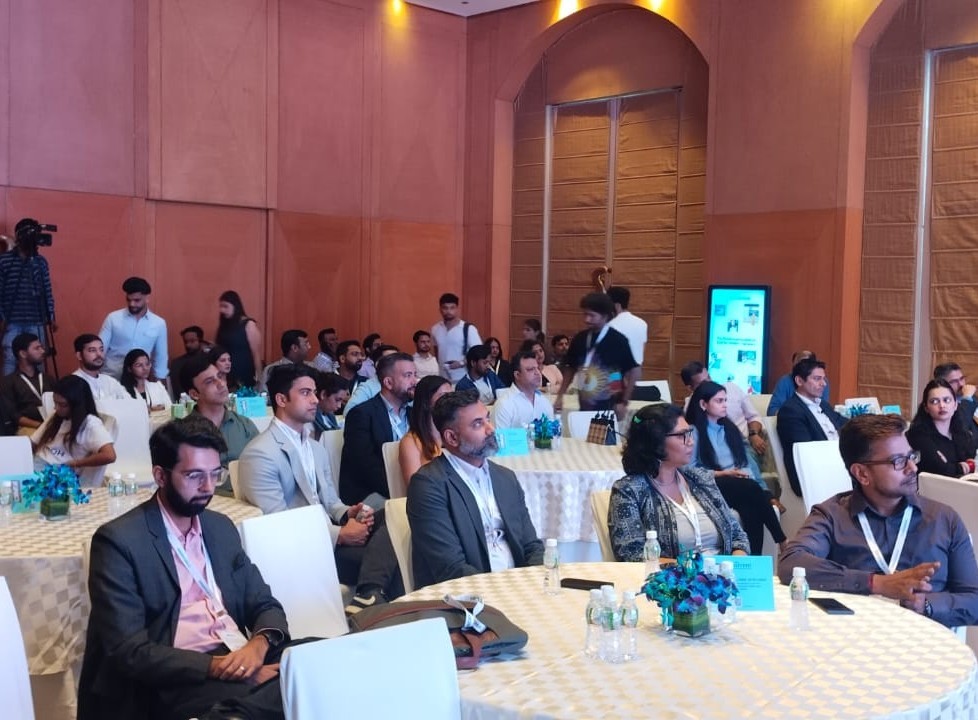
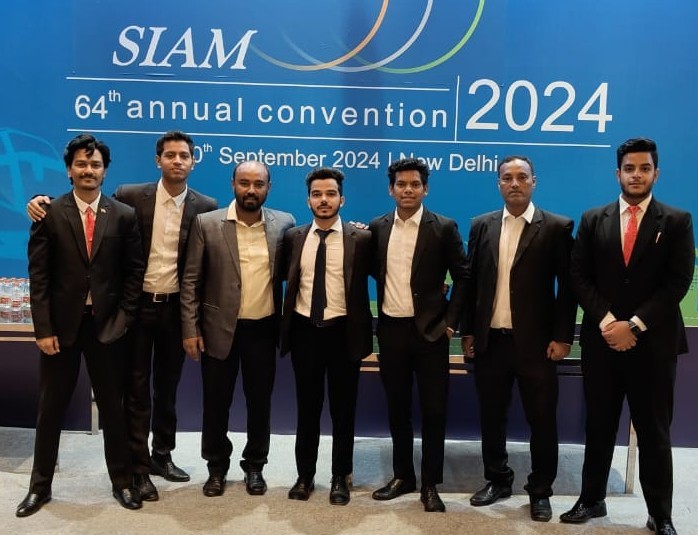



Our Customers
Trusted Industry Collaborations and Clients.
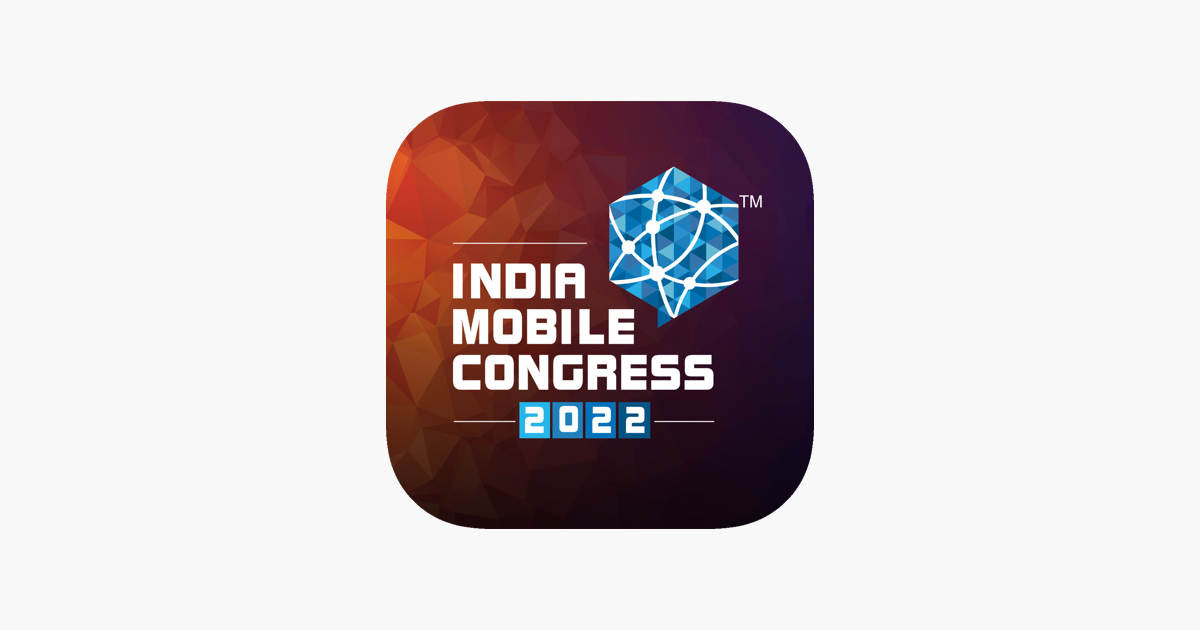




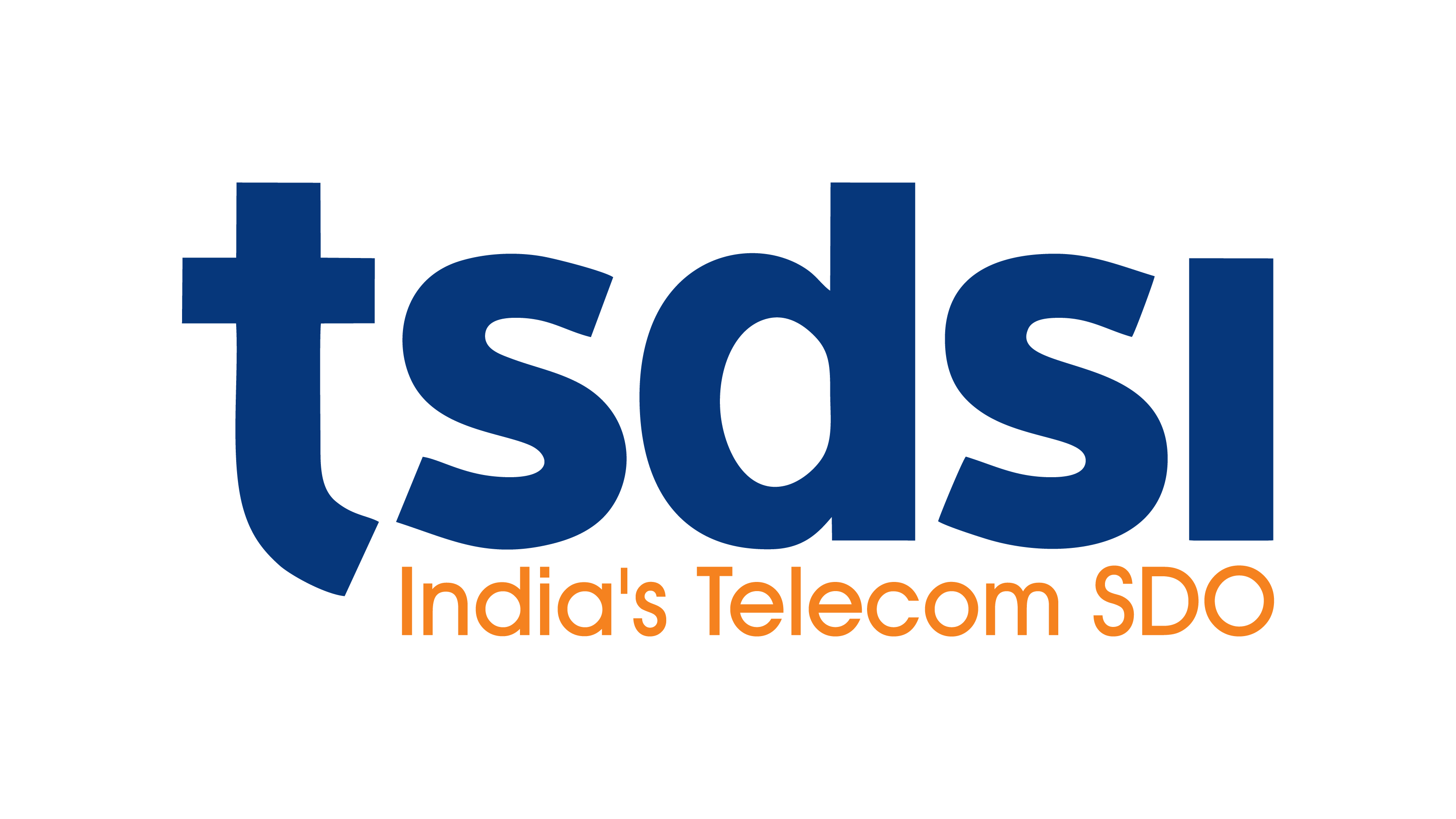


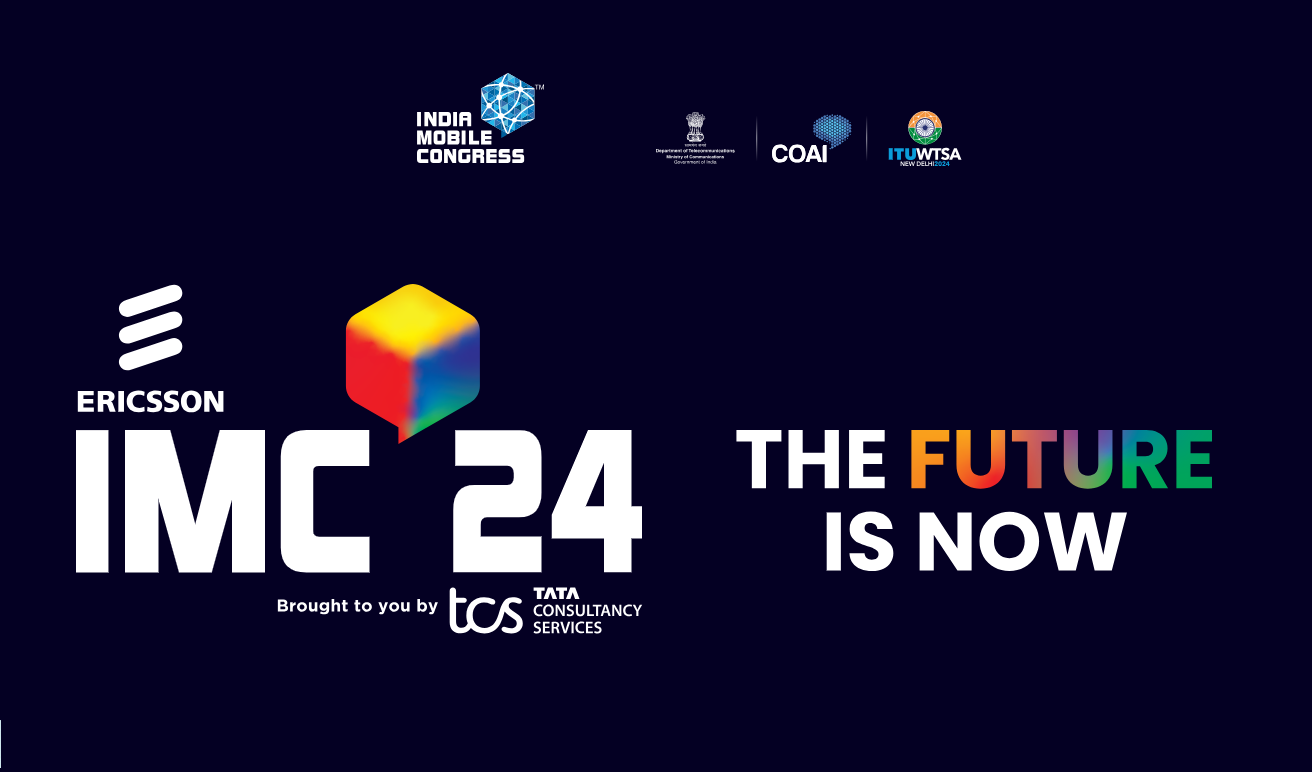



“Amazing and Quality Work!”
Rahul & Indo Kudos Team , Excellent support and coordination.
Meet Our Team
Meet the people who make it all happen! Our team is dedicated to bringing your vision to life.
Ready to start a project with us?
Let’s turn your event vision into an effortless reality. Contact us to start a conversation about your project, and discover how our expertise can make your next event a resounding success.



